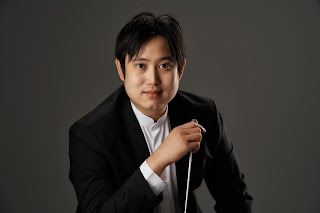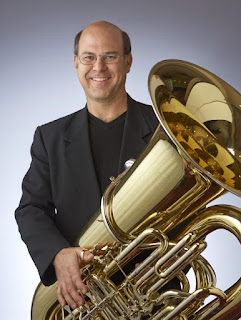'Black Keys' shows Indianapolis Chamber Orchestra's outreach

A capacity audience at Schrott Center for the Arts Saturday night got to see the fullest expression yet of Joshua Thompson 's status as "Creative Partner" of the Indianapolis Chamber Orchestra. Joshua Thompson curated and played piano. The manifestation carried the promising title of "Black Keys: The Evolution of the Black Classical Arts." Lest there be any underestimation of the seriousness with which the word "evolution" was taken, the bulk of the program following intermission opened with stunning visual imagery evoking the development of the universe from the Big Bang on into the appearance of human beings in Africa. Thompson's recorded narrative sketched in the difficulty people of African descent have had historically in having an accepted place in composed music of a cultivated kind intended for re-creation in the concert hall: "classical," to use a term that in itself often seems a barrier. The scope of Thompson's vision wa














